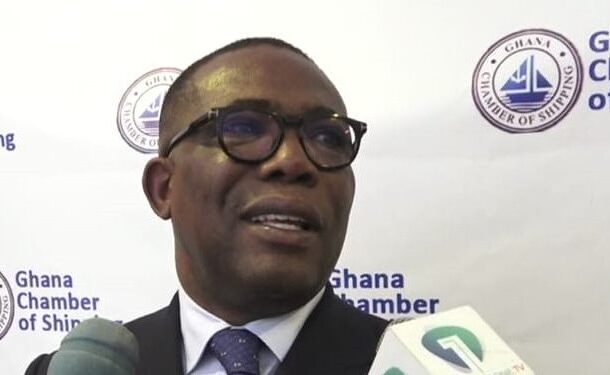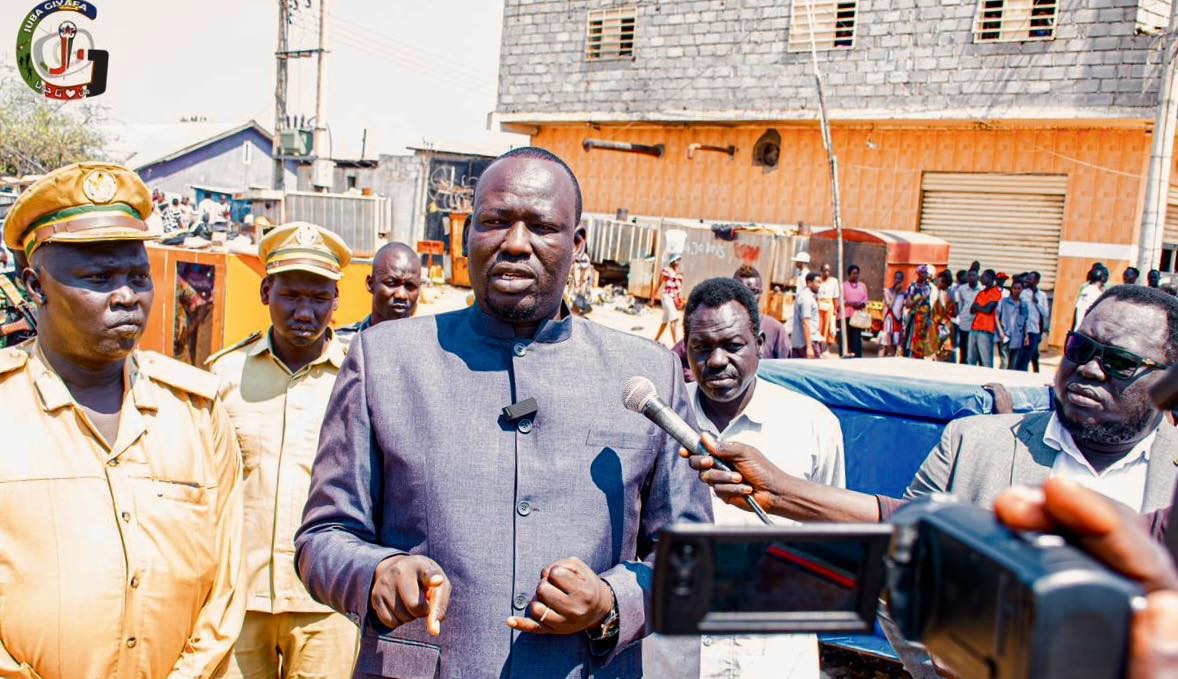By Prince Antwi
Copyright ghanaguardian

The Ghana Chamber of Shipping has cautioned that limited participation of local businesses in the shipping and logistics value chain poses a serious threat to the long-term growth and sustainability of the maritime industry.
While acknowledging the importance of foreign investment, the Chamber stressed that greater involvement of Ghanaian companies is essential to retaining revenue and building resilience in the sector.
Speaking at a stakeholder forum in Tema, President of the Chamber, Stanley Ahorlu, urged policymakers to design targeted incentives that empower more Ghanaian-owned enterprises to take active roles.
“Foreign investment is not a bad thing—they bring in capital. But while long-haul shipping is dominated by international players, the value chain extends far beyond the ports. That is where we need to see stronger local competition, backed by the right incentives,” he said.
The Executive Secretary of the Importers and Exporters Association of Ghana, Samson Asaki Awingobit, raised concerns that some international shipping lines are exceeding their mandate by venturing into cargo clearing—functions meant for local firms.
“I don’t blame the foreigners for taking advantage; I blame our institutions. GIFF, ACHAG, and CUBAG issue letters enabling foreigners to secure Customs licenses. Today, shipping lines are handling tasks that should belong to local businesses. How can a shipping line even access my business data?” he asked.
On her part, Deputy Minister of Transport, Dorcas Affo-Toffey, revealed that the Ministry is engaging stakeholders on draft regulations to implement the Ghana Shippers Authority Act. She acknowledged industry concerns about aspects of the new law, assuring that inputs were being reviewed to ensure fair and effective outcomes.
The stakeholder forum, held under the theme “Streamlining Ghana’s Maritime Transport and Logistics Sector for Transparency, Efficiency and Effectiveness”, brought together industry leaders to deliberate on reforms to enhance transparency, efficiency, and local participation in Ghana’s maritime space.



